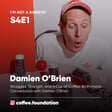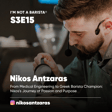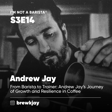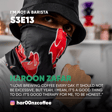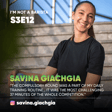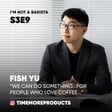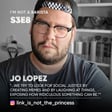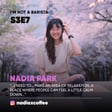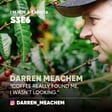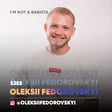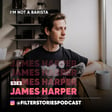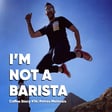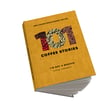
S2E2. How Pack Katisomsakul built a growing coffee business during the pandemic
Covid-19 has impacted so many people around the world and for some, has changed our lives completely.
Many feel overwhelmed by it, but many could see the opportunities to thrive. In this episode, we talked to Pack Katisomsakul from Thailand, an entrepreneur with about ten years of experience in startups, and the founder of 50 Milk Street.
Without any coffee know-how, how could Pack start his coffee business during the pandemic time and build a growing coffee business just in two years, how he did it? Listen to this podcast and find out Pack's secret.
If you want to read Pack's story, read the full article here
https://notabarista.org/pack-katisomsakul/
If you like our podcast, make sure to subscribe and support us.
Humanity runs on coffee.
https://notabarista.org/
Read more coffee stories on
https://notabarista.org/
Order Coffee Wristbands and support I'M NOT A BARISTA's charity work
https://notabarista.org/product/notabarista-coffee-wristbands-2023/
